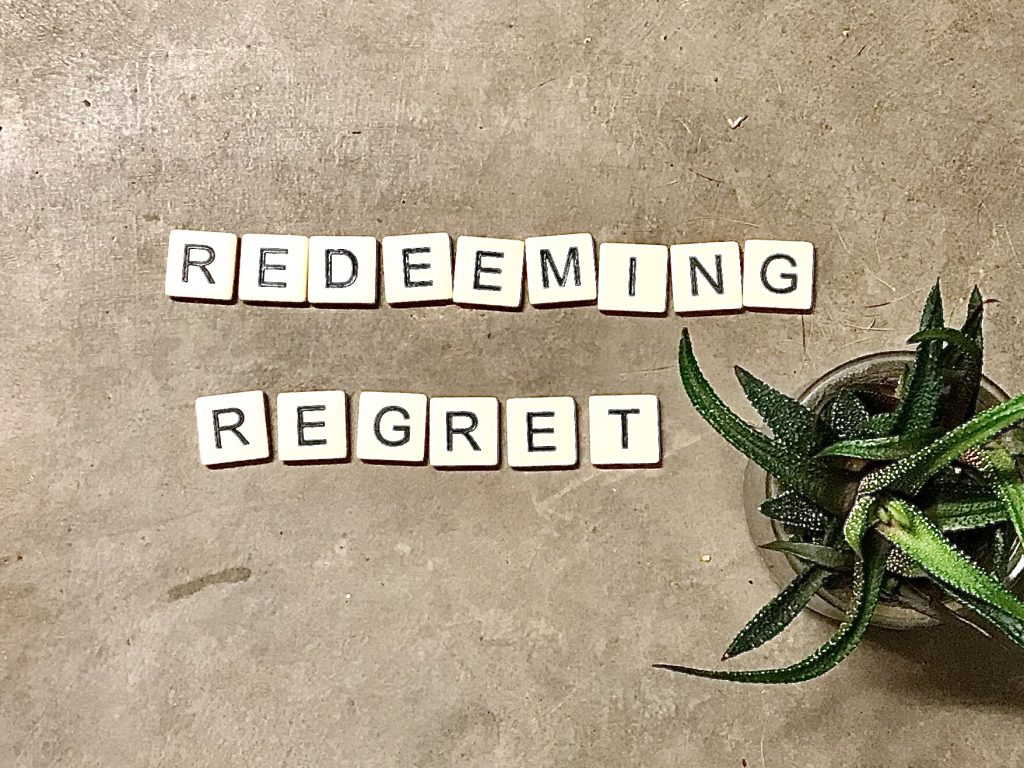I regretted the words as soon as they were out of my mouth. Okay, maybe not the words as much as the tone of my voice… if Drill Sargent is a tone….
If you had been there you would have seen the two boys sitting on the other boy in the playground area beginning to pummel his face. You would have looked around with me to see if anyone else was seeing what we were seeing – and confirmed with me that no one other than my table had a clue what was happening. As I rose, you would have heard my husband whisper, “Don’t do it,” but I’m a Mamma Bear — what else could I do?
You would then watch me open the door to the indoor playground. I intended to gently tell the boys to quit, but one of them looked up at me with a “What are you going to do, Lady?”-face. You would then hear the full Mama Bear unleashed in a very busy, very crowded public fast-food restaurant just off the interstate on a holiday travel weekend.
“STOP IT! GET OFF HIM RIGHT NOW!”
And then, you would hear silence in that very busy, very crowded fast-food restaurant as every eye turned to land on me. And you would see the look of absolute mortification on my sweet husband’s face. Finally, you would see us hurriedly finish our food without talking and skitter back to the car heads down.
I had the next 3 hours until we arrived at our destination to consider how poorly I had reacted — consider and regret.
Unpacking Regret
What is regret? It is similar to shame, which might be summed up as feeling bad or sorry for an action or inaction. Regret is a step beyond “Oops!” It is a desire to change or undo what has been done. Unless someone has invented time-travel and not told us, we all know that we cannot undo an action or do inaction once the time has passed. In talking to high school students about the power of what they say and do, speakers often use a tube of toothpaste — asking a volunteer how quickly they can empty the tube only to then ask if they volunteer can put the paste back into the crushed tube. Words, once spoken cannot be taken back. Actions cannot be undone, and often set in motion a chain of events that cannot be broken. Regret is more than embarrassment — it is the cognizable desire to do something about it.
The danger of regret is living in it. If you can’t change what you have done, it can be so hard to move forward. Our human nature is to wallow in that regret – to let it tell us who we are. Here I am – the mom that always overreacts and makes a scene – and I’ll never be any different, right? Wrong.
Responding to Regret
Our response to regret is positional; our response is dependent on our heart condition.
In 2 Corinthians, Paul writes the Corinthian church on the heels of another writing in which Paul pointed out their sin. In this followup letter, he reviews the church’s response.
As it is, I rejoice, not because you were grieved, but because you were grieved into repenting. For you felt a godly grief, so that you suffered no loss through us. For godly grief produces a repentance that leads to salvation without regret, whereas worldly grief produces death.
2 Corinthians 7:9-10 ESV
He separates responses into godly grief and worldly grief. Let’s start from the end because there is no good news without bad news.
Worldly grief produces death. The phrasing here struck me as mirroring a familiar passage of scripture: Romans 6:23: For the wages of sin is death, but the gift of God is eternal life in Christ Jesus. It comes as no surprise that the Greek thanatos is the same word used in both passages. It can refer to physical or spiritual death. Romans 6:23 refers to the spiritual death caused when sin separates us from God and the ultimate physical death where, without Christ, the separation from God is eternal. These are the big picture consequences of sin. Worldly grief is the day to day consequence of a life without Christ. When we mess up, it is final. There is no take-back or do-over. There is no hope. Life without hope is a daily reminder of the spiritual and physical condition of death. Every mistake is a compounded failure — another nail in our coffin if you will. Life apart from God is self-reliance on broken humanity. You will always disappoint yourself and those around you. That’s sin. That’s us.
It doesn’t have to be this way.
I remember reading about a horrible health condition wherein there was a problem with the person’s nervous system. It left the person incapable of feeling pain. At first glance, it sounds like a pretty nice condition, but it is incredibly dangerous. Pain, you see, exists to protect us – an urgent warning that something is wrong. Imagine accidentally grabbing a hot pan on the stovetop, but instead of jerking away your hand at the uncomfortable sensation, you don’t notice something is wrong until you smell burning flesh. Consider what happens if you went for a walk and cut your leg on rusted barbed wire. Without the pain to alert you, the cut is not in a location you notice until days later when the fever signaling the infection shows up. Pain tells us “Stop! Don’t do that! You need help!”
Regret is pain pointing us straight to Jesus. It is the signpost that we are making a huge mess of our lives, and we cannot fix it alone. Godly grief produces repentance. Why is repentance good? Why is this any different from the sorry state the worldly grief left us in? Repentance is hope. Repentance is the reminder that God is not done with you. He is working in your life and through Him, change is possible.

Repentance leads to Salvation without regret.
How do we get there? How do we get to a life without regret? Salvation.
What is salvation? Or maybe to be more clear, what comprises salvation? Recognizing that you have sinned and that sin separates you from God. Understanding that you cannot clean yourself from that sin and restore that relationship. Desiring your sin-status to change. Trusting in Christ’s death to pay the penalty for your sin and restore your relationship with God. Repenting from the sin that separated you from God.
Repentance is both part of and fruit of salvation. If you do not desire to turn from your sin, it is a pretty big red flag that you may have the head knowledge of what salvation is without any commitment to Christ. Somewhere along the way the American church latched onto the “Sinner’s prayer” as if those words would “Abra-cadabra!” create a clean heart in a person. They are not magic, and salvation isn’t a spell.
Maybe you are reading this wondering why your Christianity hasn’t healed your heart? While salvation is both an event in time, it is also a process involving you continually becoming more like Christ. If that desire to turn from your sin is not part of your life, your regret may be here to tell you the condition of your heart.
This does not mean that Christians don’t mess up. The existence of godly sorrow demonstrates otherwise. But when we sin and that wave of regret hits us — it should propel us into repentance.
Here’s how I walk through repentance:
– Did my action or inaction grieve God?
– Did it grieve another person?
– Recognize the action as wrong.
– Identity what you should have done instead.
– Verbalize it to God and others your action affected.
– Ask God to heal those relationships,
– Plan for how to act differently next time.
– Rest in His love and forgiveness.
I cannot go back to the crowded restaurant, but I can walk forward knowing that God used that night to teach me and grow me. I can praise Him for the godly sorrow that pointed me to my need for Him.
Truthfully yours,
DB
Recommended: How Do I Know I’m a Christian? by Kevin DeYoung
If you need or want to talk to someone about your relationship with Christ, you can always message me through the Facebook page or comment on the blog here, and I will respond.

Awesome Dani!
Thank you